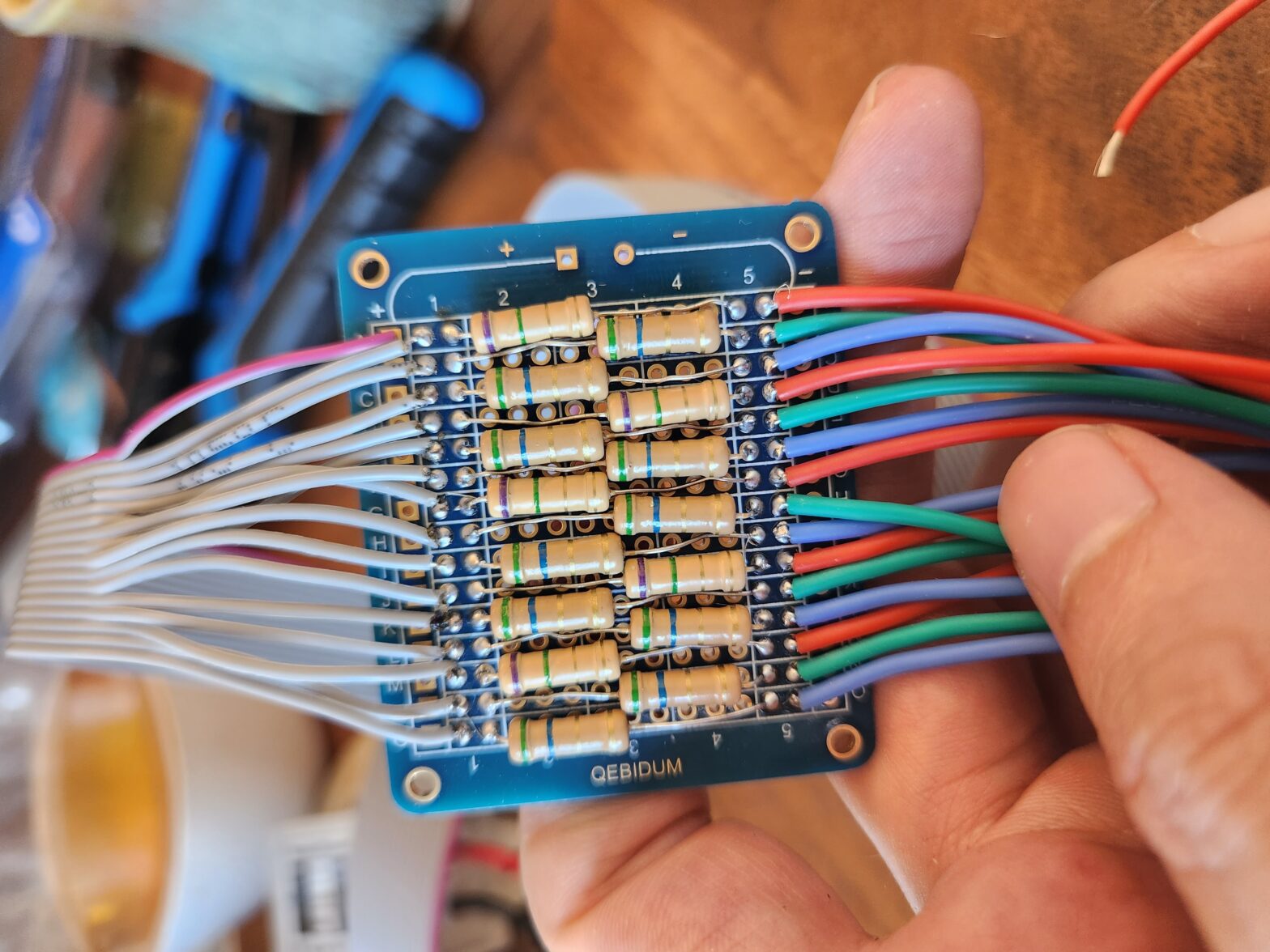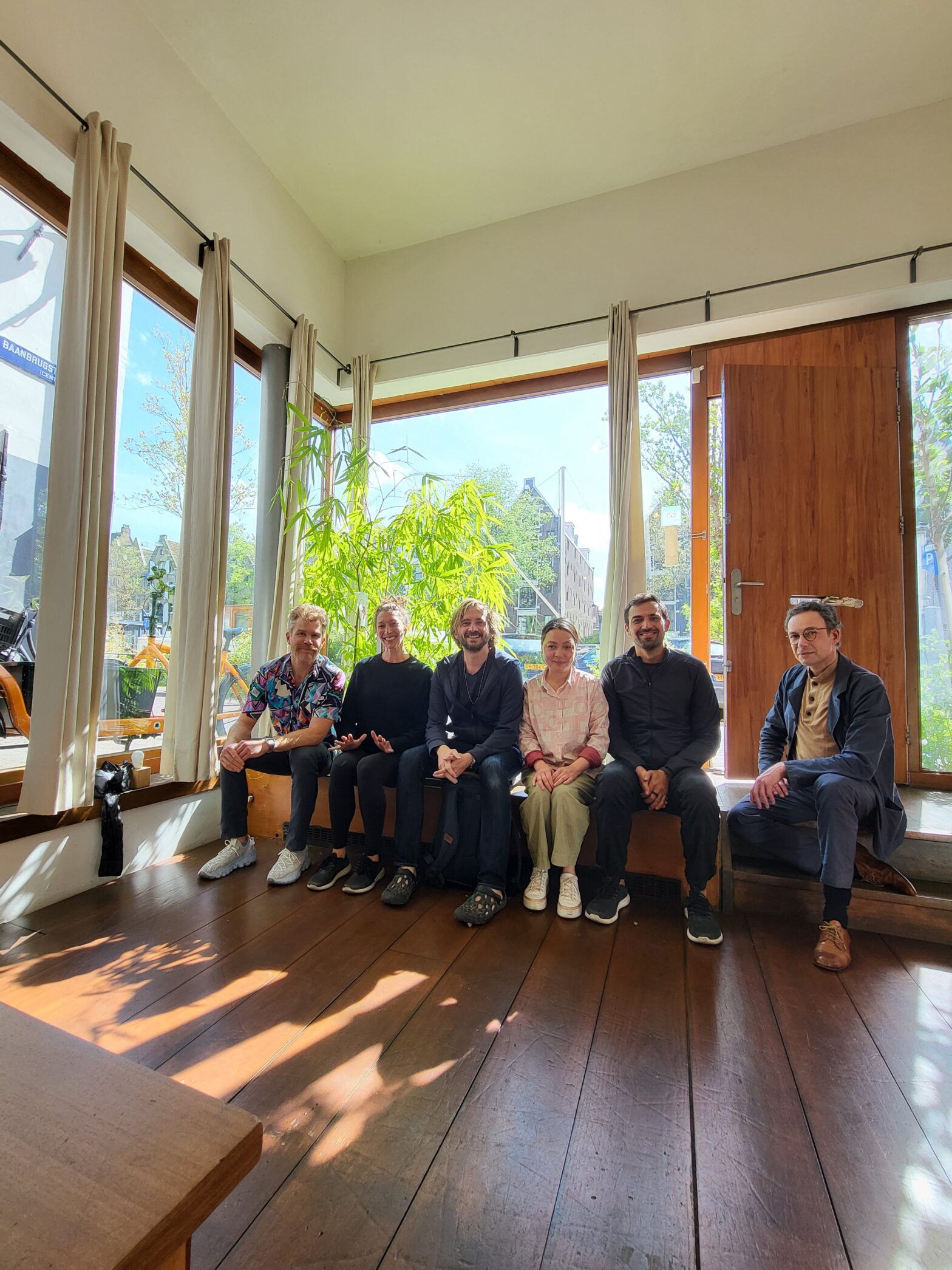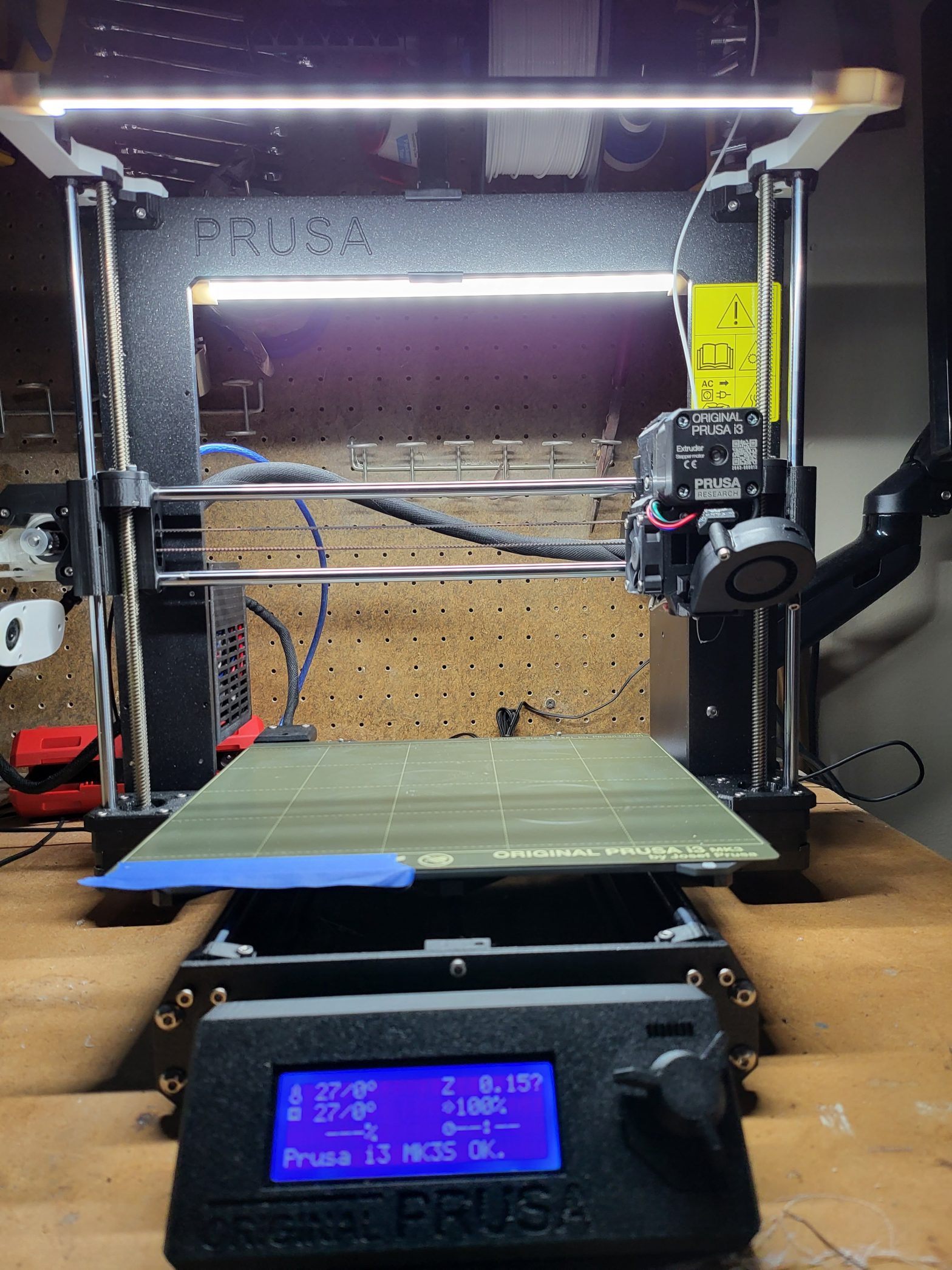-

Gratitude 2022
Last year’s gratitude post was written largely about my father coming to Vegas to help me with some home improvement projects, so it feels fitting that I’m writing this as I fly across the country to help him with some projects of his own. And, as always, family looms large at the top of my…
-

Believing Anything is Possible
My friend Brian and I got back to the island for the first time in a year. The owners have various levels of interest and ability in getting to the island and working on it, but Brian and I are generally the two who do the big projects. It’s interesting working with Brian, because in…
-

The Projects I Did
The last trip I did in August was a trip to Austin, Texas. I stayed with my good friend Noah Kagan, who happens to have two pinball machines in his house. I’ve never really understood pinball, having only played it a handful of times in my life. But my wife and I ended up playing…
-

What I’ve Been Thinking and Doing
One of the downsides of writing less frequently is that I feel more pressure for each post to be impactful (even though readers have pretty consistently told me that they just want me to write anything). This post will be a meandering one without much of a point other than to let you know what…
-

Patient and Decisive
There are a few things that I consider to be the most important things to think about and focus on, primarily because they have enormous downstream effects that impact almost everything else in your life. Ironically, they also tend to be things that no one else prioritizes. A few are good sleep, social skills, and…
-

How to Love the Bear Market
If you’re an investor in anything other than real estate, you’re probably in the middle of a bear market right now. And if you’re a real estate investor… these rising interest rates could mean choppy waters lie ahead. My largest investment by far is Ethereum, and it’s down about 80% from its all time high,…
-

Having Good Interactions With Store Employees
The other day I walked into Dandelion Chocolate. There was a bit of a line, but the second barista, who wasn’t taking orders, asked what drink I was going to have. Iced chocolate chai (seriously, try this thing), I said. She waved me up to the front, made my drink, and said, “It’s on the…
-

Crossword Scores: Did I Get Dumber Because of Covid?
My experience having covid wasn’t bad at all and I feel like I have no lasting effects, but all of the recent articles about how covid affects one’s brain long-term made me wonder whether or not it affected me. Maybe I had become dumber, but didn’t realize it! As I thought about ways that I…
-

Why Hockey is The Best Sport
It started during the Stanley Cup playoffs of last year. Las Vegas has a team called the Vegas Golden Knights, who have generally done very well since becoming a team five years ago. My friend Lucas, who recently moved to Vegas, asked if I wanted to go to one of the playoff games. I said…
-

Everything I’ve 3D Printed
The thing about a 3D printer is that buying one and learning to use it can rarely be justified by just one project. In fact, what makes it most valuable is that it can do dozens of tiny projects that could essentially not be done in any other way. And while you may think that…
